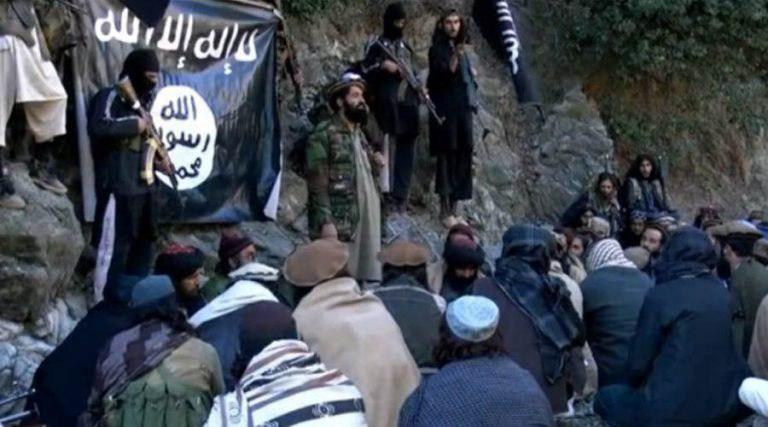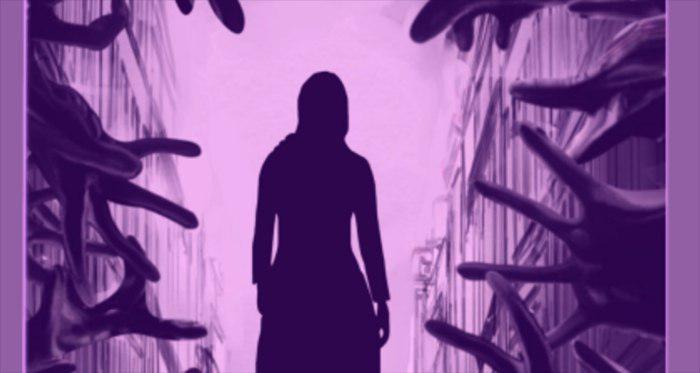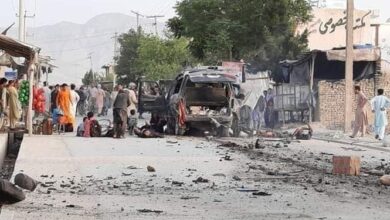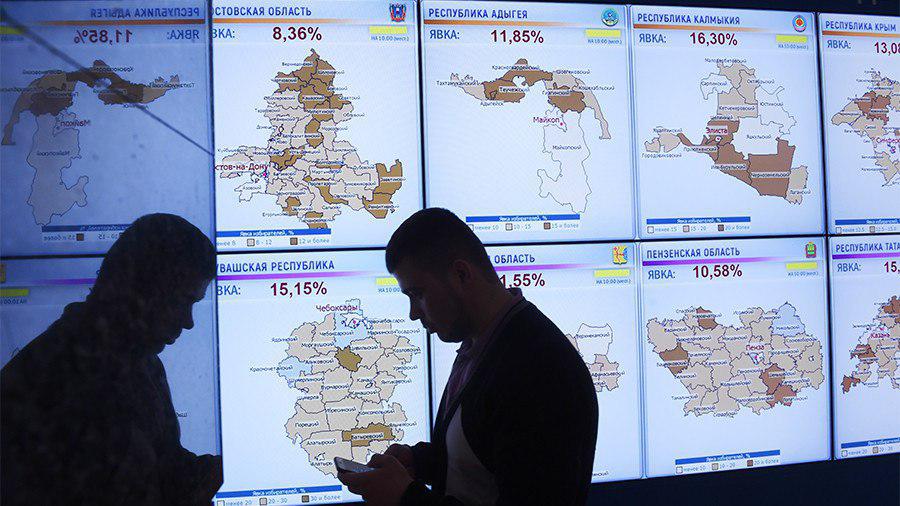Joint Sessions of Government, IEC, and Parties Ended; Biometric not Possible
The series of trilateral sessions of the joint committee among the Afghan government, IEC, and some political parties to change and improve the election process ended late Sunday, presenting the conclusion.
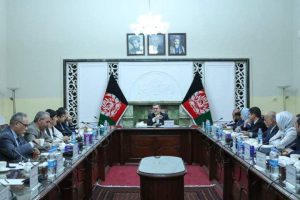
The series of trilateral sessions of the joint committee among the Afghan government, IEC, and some political parties to change and improve the election process ended late Sunday, presenting the conclusion.
The meetings held attended by second vice president Sarwar Danish, a number of election commission’s members and representatives of political parties.
At the end of the joint sessions, the committee put forward the views of the joint committee on the election by issuing seven-article sum up.
1 – The National Unity Government (NUG) considers the exchange of views and dialogue with the political parties and civil society about all national issues, especially elections as a necessity and emphasize on it.
2 – Independence of the Independent Election Commission (IEC) is a core, and intervention by the government, parties, institutions or any individual is not acceptable for the commission. On the other hand, the IEC is obligated to ensure the transparency of the election through a secure mechanism.
3 – The time of the election on the 20 October 2018 is unarguable. The NUG is determined to hold the upcoming elections within the set time-limit due to its commitment to the people, parties and the international community. No risk acceptable and no plan should delay the election process.
4 – – The NUG has basically no objections to the 3 article plan of the parties.
5 – Regarding the monitoring of political parties from the electoral process, the Afghan government emphasizes the IEC will pave the ground for the political parties to oversight the process based on a clear mechanism.
6 – There is no certainty about the biometric scheme either in terms of time or technically, about the company’s offer. Meanwhile, the Afghan government has no problem if the IEC agrees as it has emphasized the use of biometrics in the past. In addition, the government called on the IEC to provide the ground for biometric technology in the upcoming presidential election.
7 – The plan to change the electoral system from a non-transferable unit to a multidimensional system, in addition to its time constraints, has its own complexity, and therefore requires a broad national debate, even if it can be approved by the legislative decree of the president, will be denied by parliament. So, the best way is that the parliament should decide about changing the electoral system.
With this conclusion, the series of sessions of the Joint Committee regarding the proposals of a number of political parties, monitoring the electoral process and using the biometric system in the upcoming elections, and changing the electoral system from SNTV to MDR ended.
The Sunday session was the fifth meeting of the joint committee which was chaired by the second VP Sarwar Danish at the Gulkhana palace.



